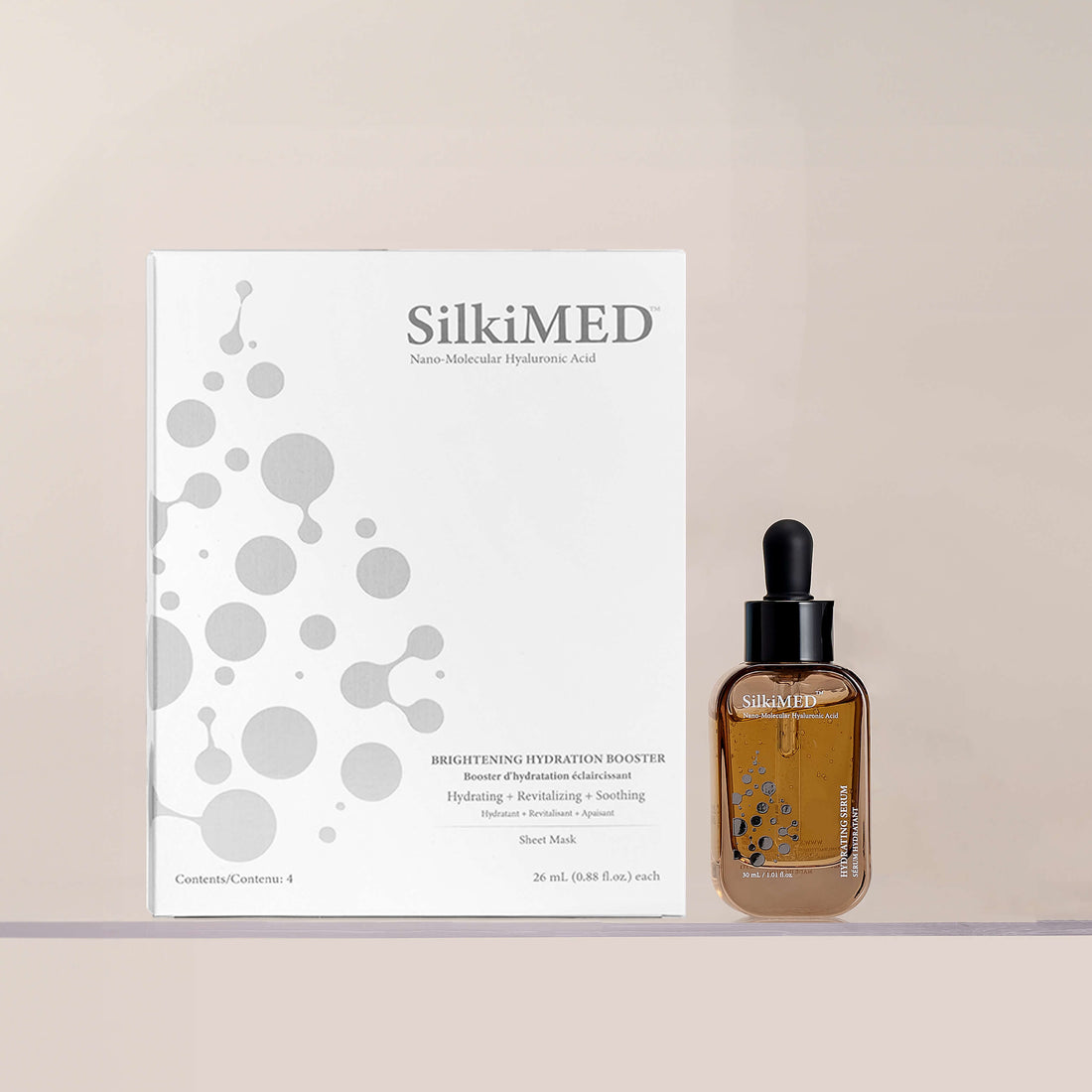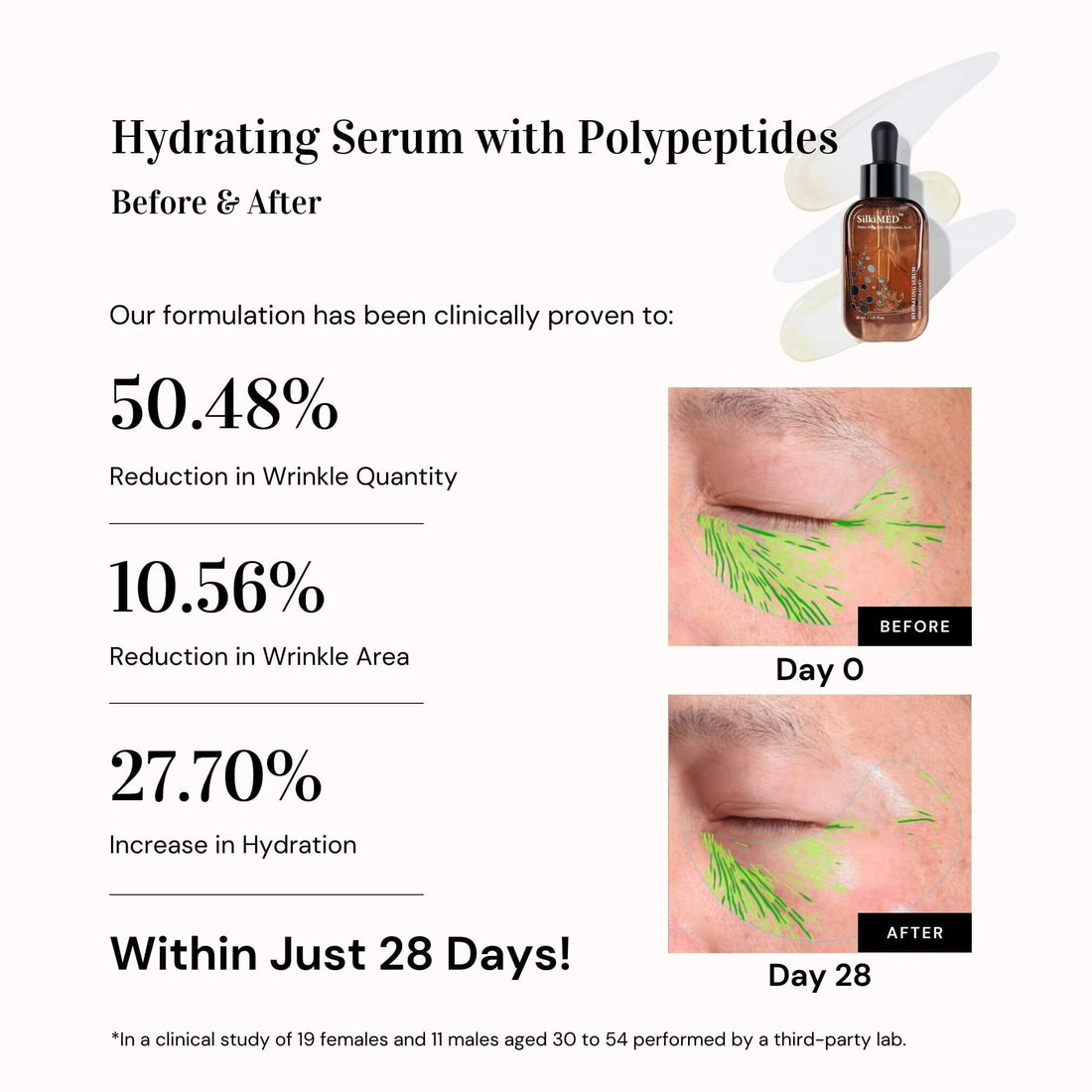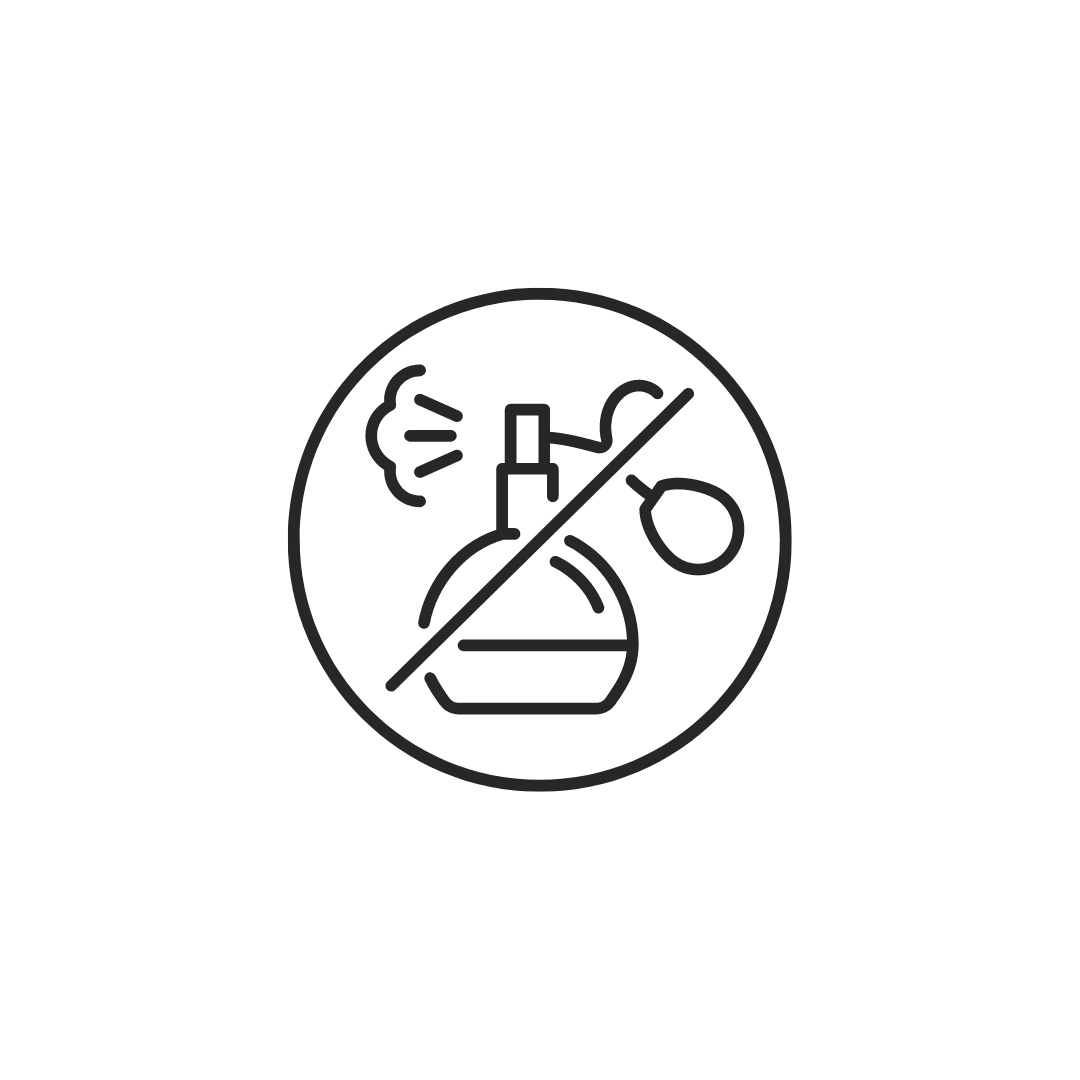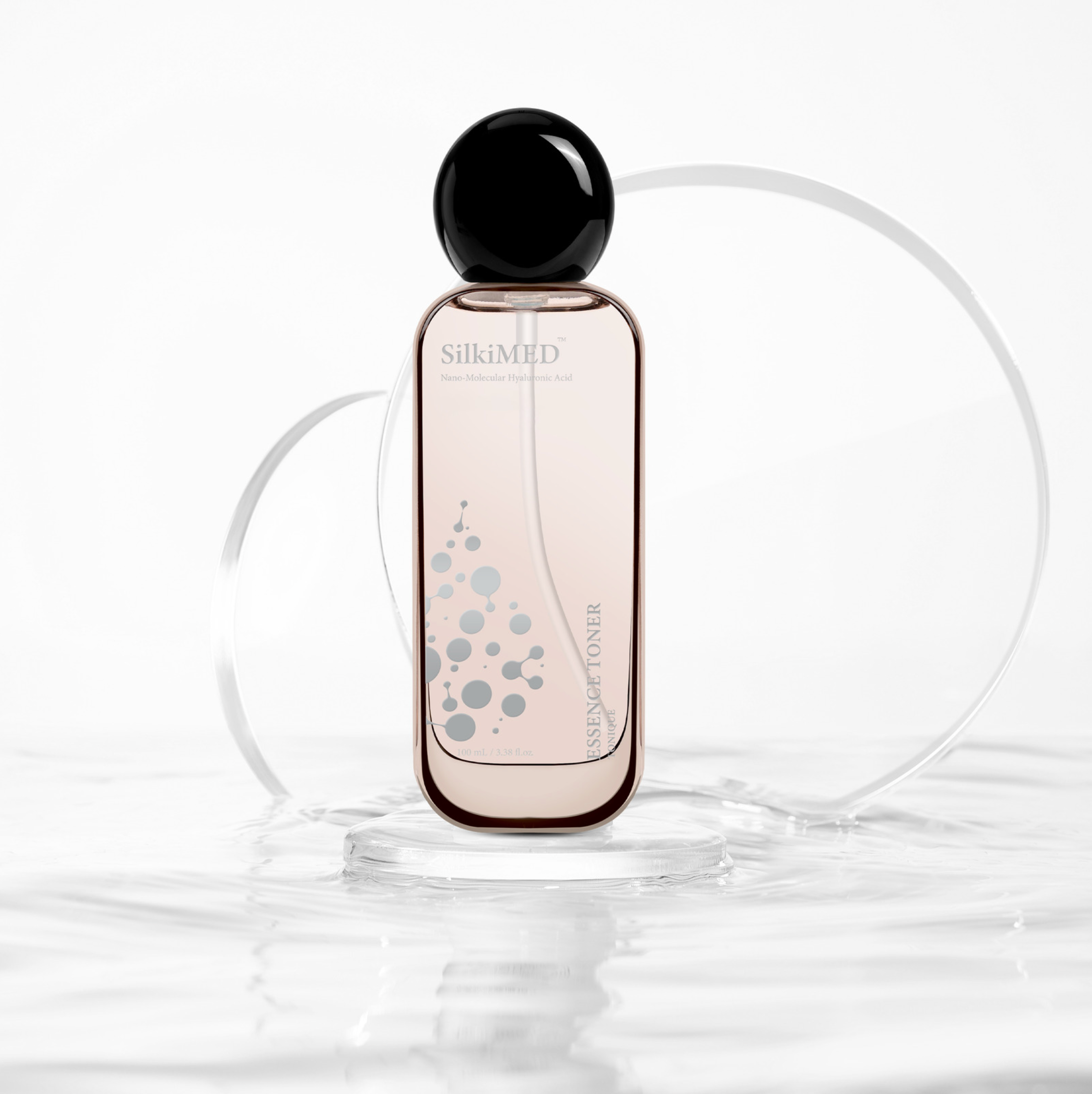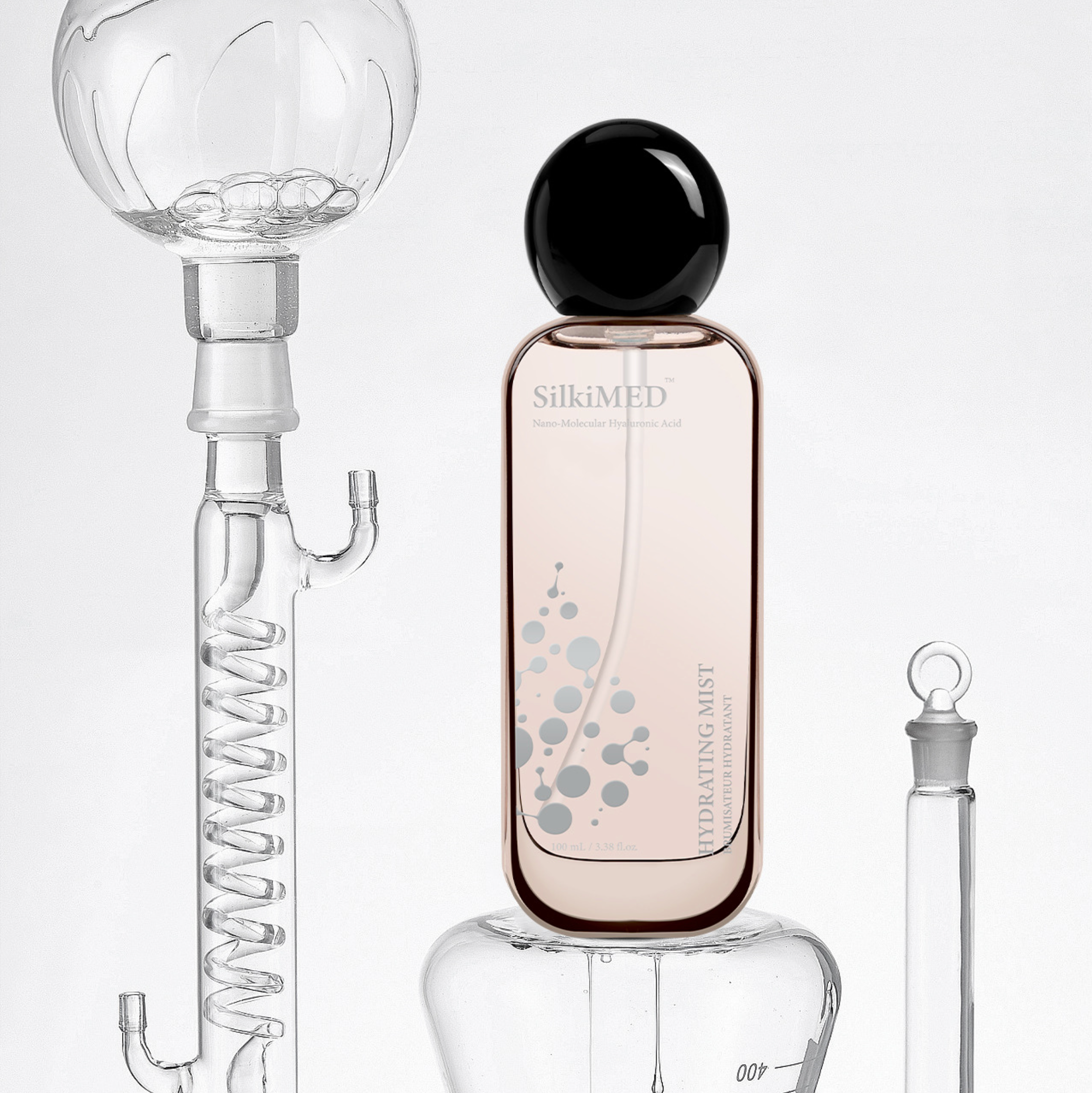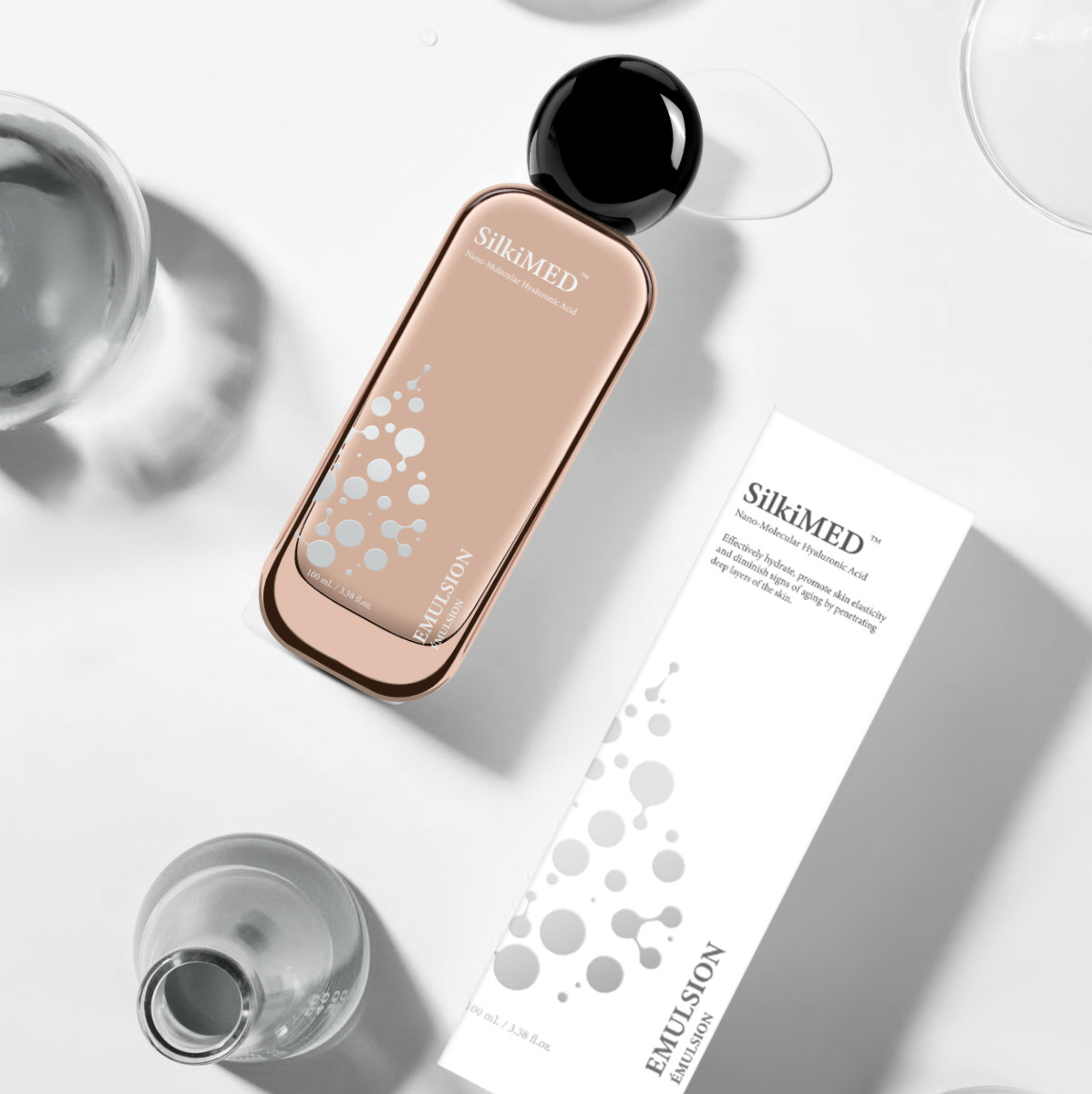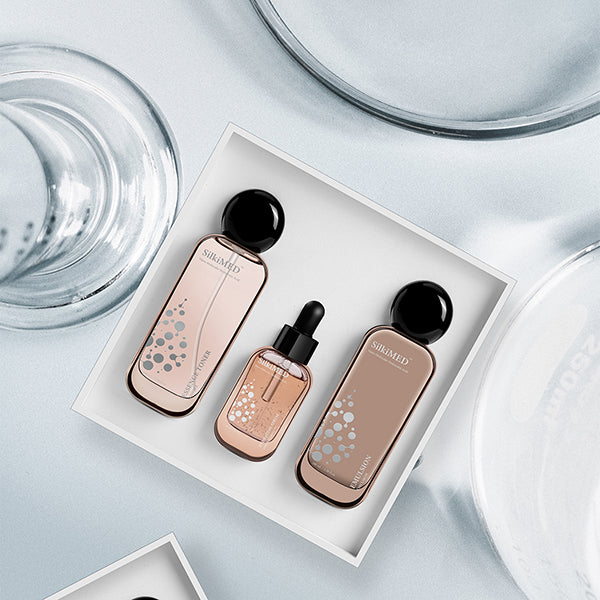4 products
-
Hydrating Serum with Polypeptides
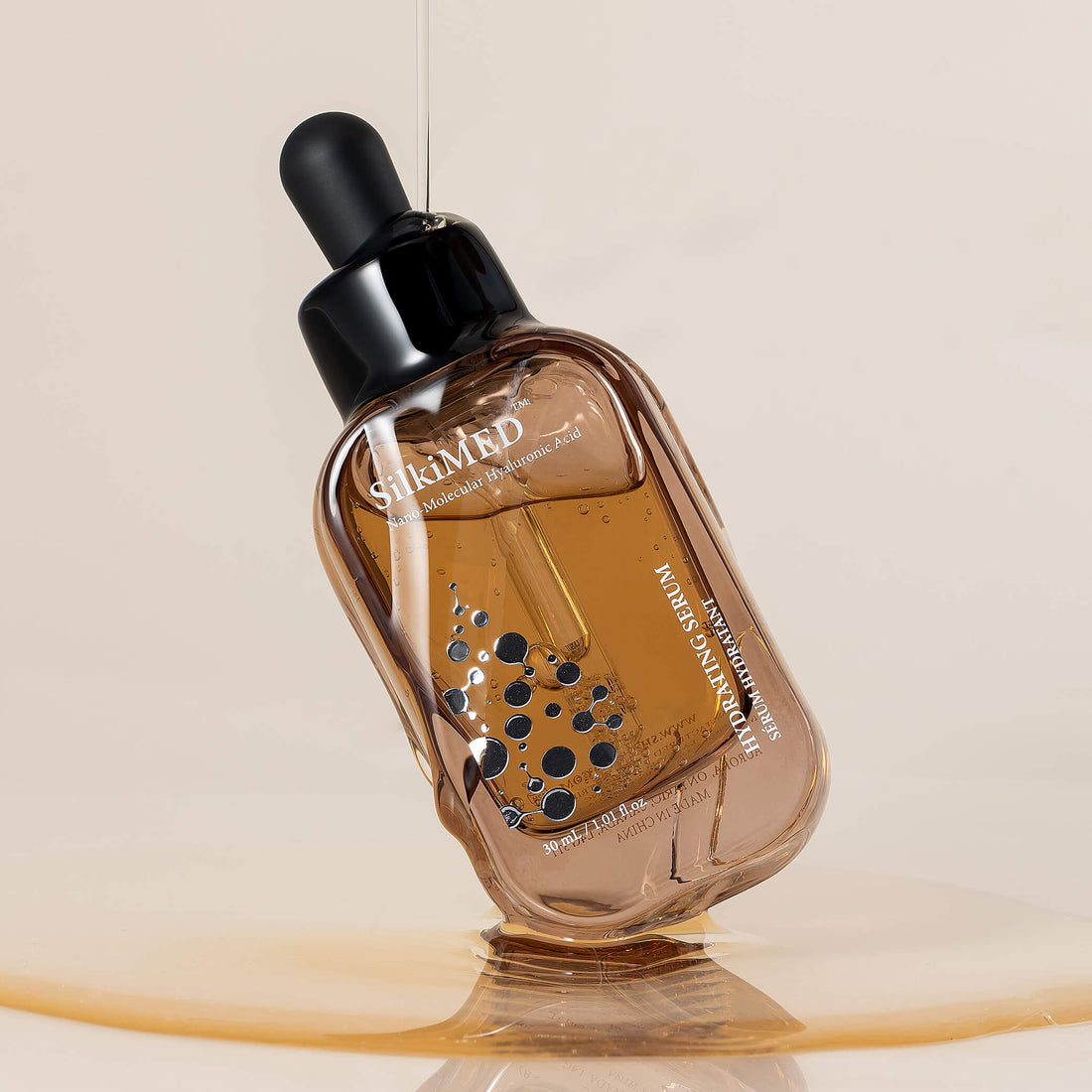
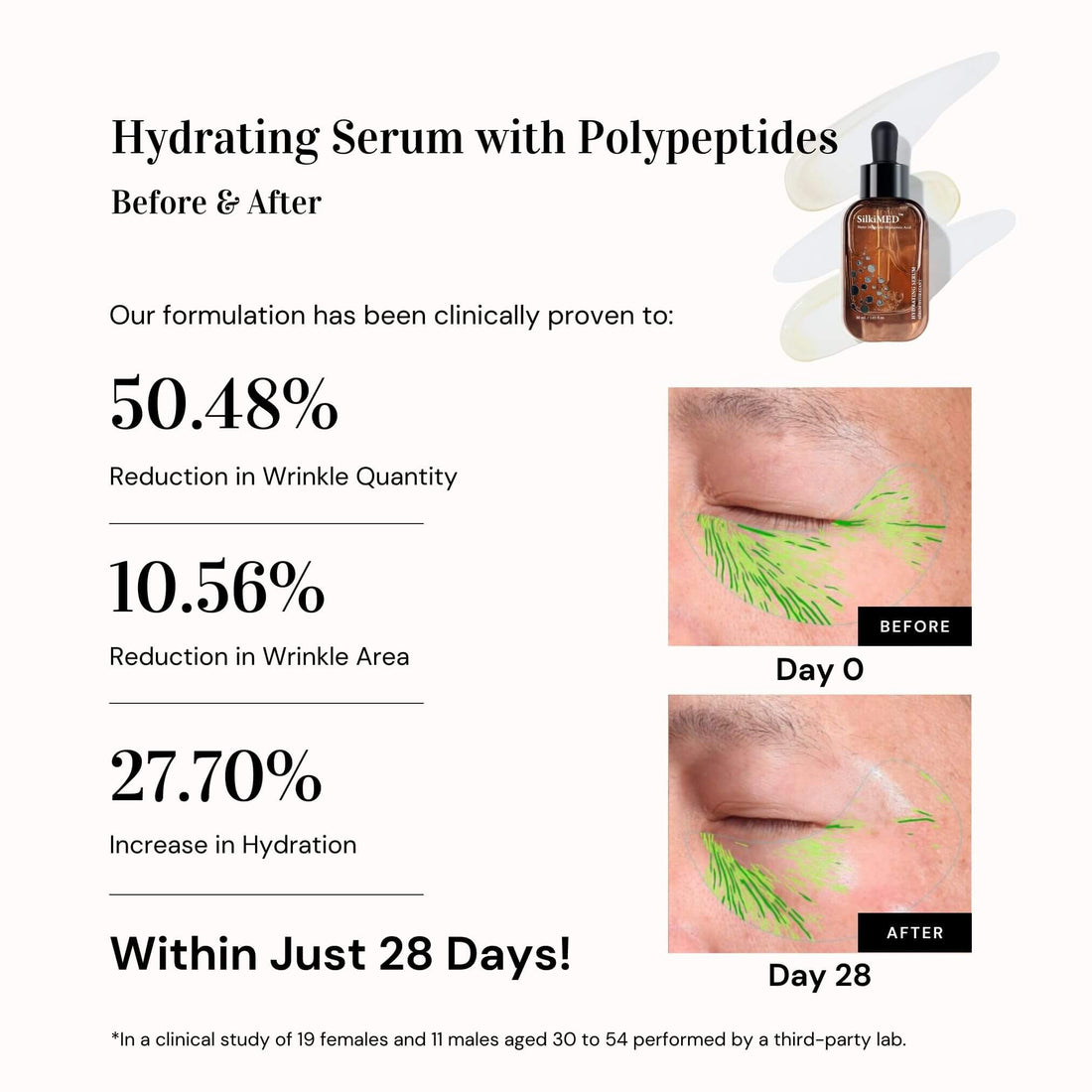 Vendor:Hydrating Serum with Polypeptidessilkimed
Vendor:Hydrating Serum with Polypeptidessilkimed- Regular price
-
$65.00 - Regular price
-
- Sale price
-
$65.00
-
Brightening Hydration Booster (4)
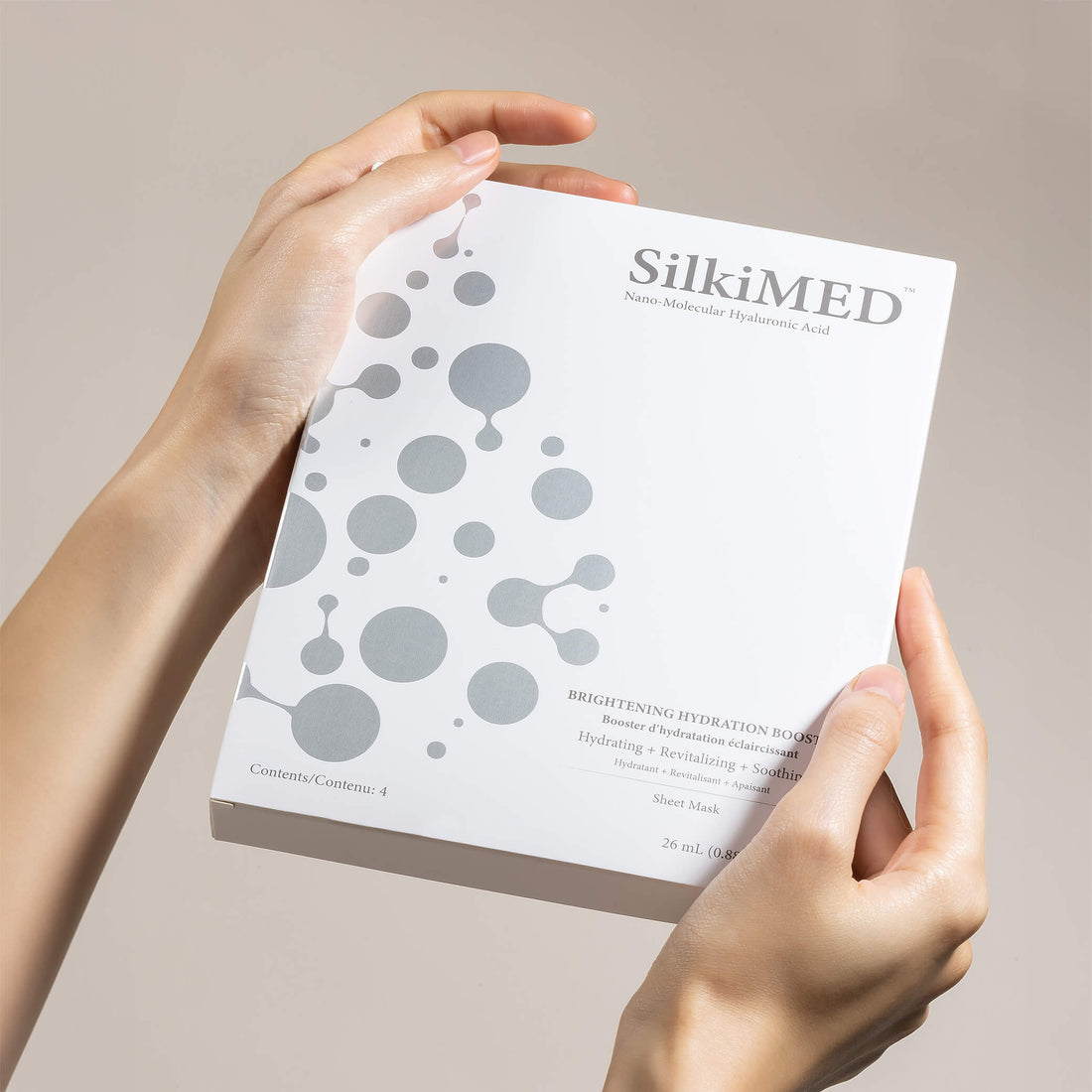
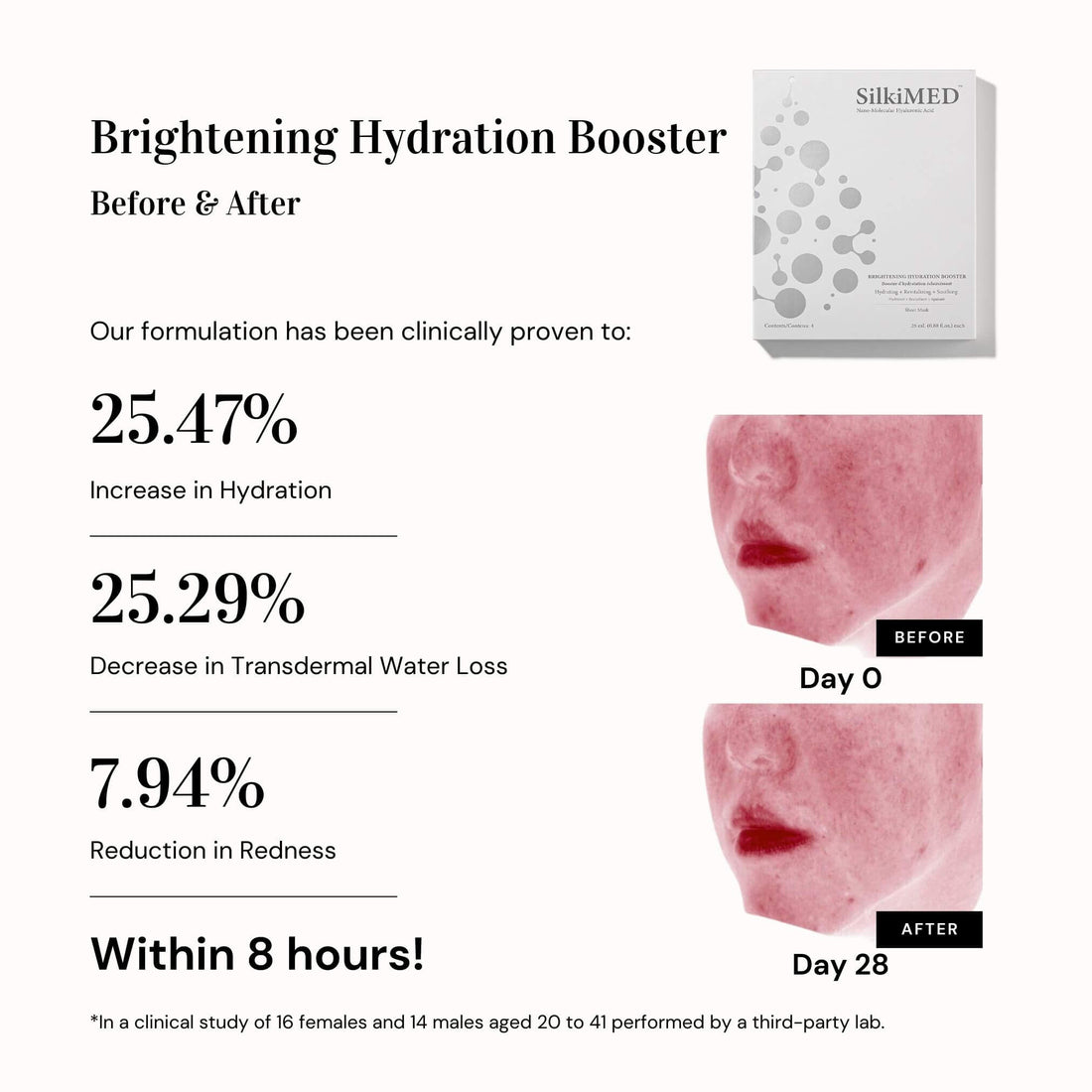 Vendor:Brightening Hydration Booster (4)silkimed
Vendor:Brightening Hydration Booster (4)silkimed- Regular price
-
$28.00 - Regular price
-
- Sale price
-
$28.00
-
Brightening Hydration Booster (1)

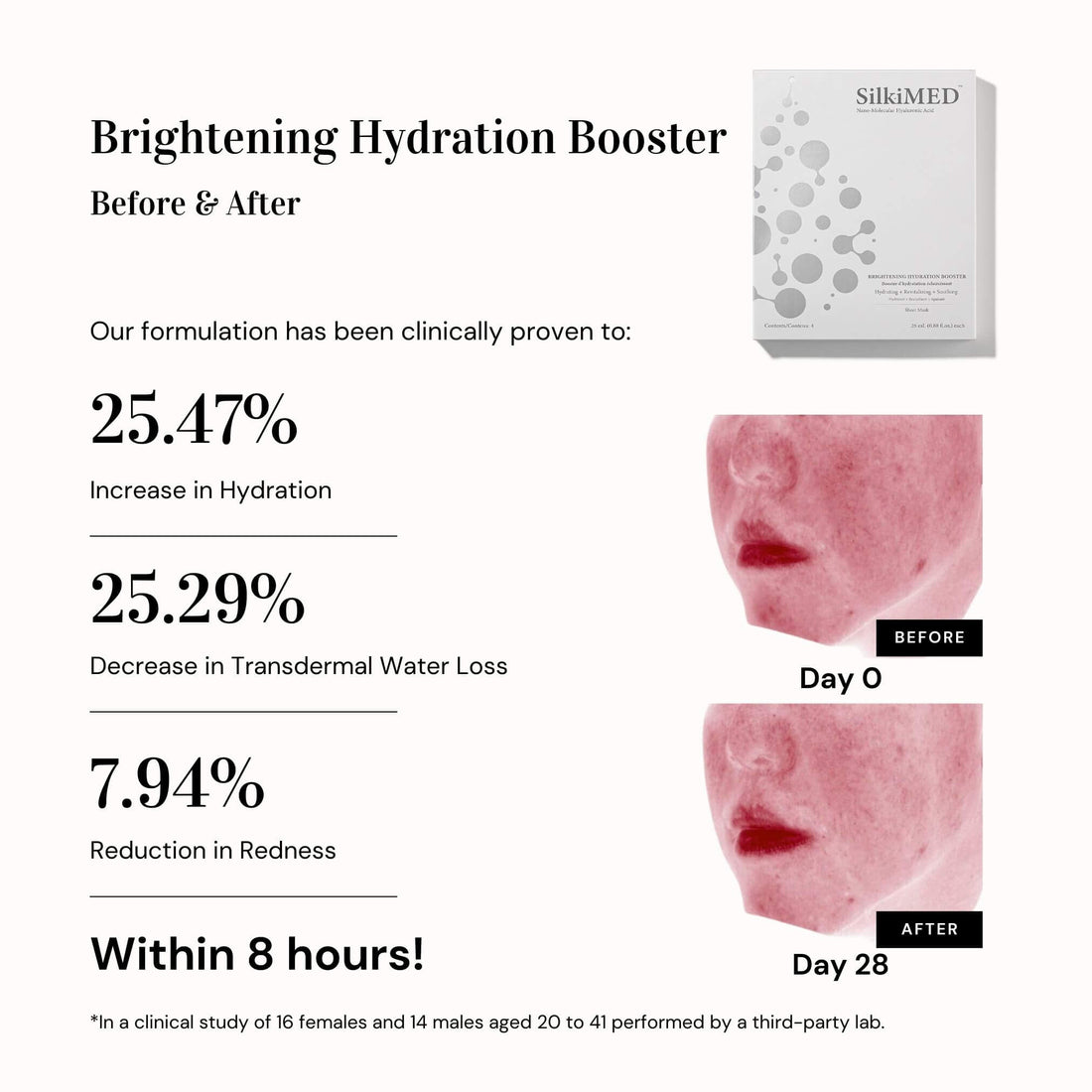 Vendor:Brightening Hydration Booster (1)silkimed
Vendor:Brightening Hydration Booster (1)silkimed- Regular price
-
$9.00 - Regular price
-
- Sale price
-
$9.00
Coming Soon
Acne is something that most people will experience at some point in their lives. In fact, you’ve probably experienced the classic breakouts when you went through puberty, and now, as an adult, you want to know how you can mitigate acne and have clear skin.
The truth is, a lot of adults have acne - it’s not just something you struggle with as a teen. According to Yale Medicine, about half of women who are in their 20s have acne, and even among those who are over 40, it’s estimated that 25% still continue to have this problem.
This guide is going to walk you through the causes of acne. We’ll look at the types of acne, and we'll also consider what you can do about it.
What is Acne?
Acne is sometimes called acne vulgaris and refers to cases where your hair follicles become clogged. Oil and dead skin cells can clog up these follicles, and when this happens, you notice a bump on your face.
When you have acne, it can cause whiteheads, blackheads, and sometimes even pimples. While dead skin cells and oil are usually linked to the formation of these bumps, it’s important to understand that microorganisms can sometimes start to grow and cause infection.
A lot of people with acne find that the skin condition is quite persistent. Even with treatment, it can take a while to heal, and acne breakouts usually leave behind unpleasant marks on your skin.
What Are the Causes of Acne?
Your skin depends on a natural oil called sebum that your sebaceous glands produce. These glands are actually connected to your hair follicles. As oil gets released from the glands, it moves toward the hair follicles and finally onto the surface of your skin. Sebum helps keep your hair and skin moisturized, but too much of this oily substance can cause your hair follicles to become blocked.
Bacteria and dead skin cells can sometimes also get trapped in your hair follicles. These are the main things that cause acne.
However, it’s important to understand the risk factors that contribute to acne, such as:
- Diet
- Genetics
- Medication
- Stress
- Drug use
- Skincare routine
- Habits (picking at your face and squeezing pimples)
How to Prevent Acne
Prevention is a key factor when it comes to acne. By preventing acne breakouts, it means you won’t have to deal with the pimples and the scars that they tend to leave behind.
One of the best ways to prevent acne is to make sure you have a good skincare routine. This means using the right products for your skin type. Washing your face and applying a good serum on a daily basis can help. You should also protect your skin against the sun and avoid touching your skin regularly - germs and other debris on your hands can also cause your follicles to become clogged.
What Are Different Types of Acne
There are different types of acne that can develop. Knowing how to identify these can help you understand what the best approach would be to address them. So, let’s take a closer look at four common types of acne that you may experience.
1) Fungal acne
You might not have asked what is fungal acne before - it’s not the most common type to develop. This type of acne is caused by a fungal infection. It’s also known as Malassezia folliculitis. If you have fungal acne, you’ll usually notice small bumps that are itchy. These bumps appear in clusters around the hair follicle that’s infected with the fungi.
2) Cystic acne
This is actually a severe form of acne, where the pimples that form are quite large. In fact, the inflammation that cystic acne causes is something compared to that of a boil.
3) Hormonal acne
This is the kind of acne that’s caused by fluctuations in your hormones. When you’re a teen and going through puberty, your body gets a surge of hormones, and that results in oily skin and acne breakouts. However, even as an adult, hormonal acne can still develop.
4) Nodular acne
If you notice that your acne is painful and the bumps are firm, then there’s a chance you have nodular acne. It’s actually an inflammatory type of acne, and it usually requires medical care. This type of acne can also lead to more severe scarring, especially if you don’t treat it.
How to Get Rid of Acne Scars
Acne often leaves behind scars. A lot of people want to know how to get rid of acne scars. They can be unpleasant and even affect your self-confidence. While putting on some makeup can help to hide the scars, there are ways to actually fade them.
You can look at skincare products that are designed to help with acne scars. This usually involves applying a serum or special type of lotion to your skin on a regular basis. Another option is to look at the best facial for acne scars, as regularly opting for this treatment can also help.
Best Ingredient That Works to Mitigate Acne
There are lots of different ingredients that you’ll notice in acne skincare products. While some ingredients focus specifically on acne, others can help to improve your overall skin health in the long term.
One excellent ingredient that you should look for is hyaluronic acid. It’s a hydrating ingredient that helps your skin retain more moisture, but at the same time, it won’t make your skin oily. The best facial moisturizer for acne prone skin will often contain this ingredient with others to help clear up your skin.
Can Lifestyle Changes Improve Acne Issues?
There are a couple of lifestyle changes that may help with acne. One of the biggest ones includes changes to your diet. Eating a diet that’s rich in healthy foods helps to give your body (and skin) access to the nutrients it needs to function properly.
What Your Skin Care Routine Should Be Used to Combat Acne
Your skin care routine plays a big role in helping you combat acne. It’s best to have a morning and nighttime routine. Start with the best facial cleanser for acne, and follow up with a toner and a moisturizer. If you wear makeup, be sure to remove your makeup with a gentle solution before you wash your face.
Best Serum for Reducing Acne
The OHA-Peptide Duo is an ideal serum for acne. While it’s not designed specifically for acne, it comes with hydrating ingredients that help to improve the natural barrier of your skin. And when it hydrates your skin, you won’t have to worry about dryness, causing your glands to make more sebum. The brightening effects also help with acne scars. This type of serum can be a great answer to a question like how to get rid of forehead acne, as well as pimples on other areas of your skin.
Best Facial Cleanser for Acne
When you opt for a facial cleanser, it’s important to consider your skin type. Don’t use a cleanser designed for oily skin if your skin is dry - it’s going to cause further dryness, and that triggers your body to make more sebum. Look at the list of ingredients in the cleanser and make sure there are no harsh chemicals that may irritate your skin.
About SilkiMED
At SilkiMED, our mission is to bring quality skincare products to the average person. We focus on creating skincare items for a variety of different problems, including acne. Our team of experts creates formulas that give you access to clean and effective products, with medical-grade ingredients to take care of your skin.
FAQ of Acne
Does facial hair cause acne?
A lot of people want to know does facial hair cause acne. In short, yes, facial hair can actually contribute to acne. That’s because your beard starts to get oily if you don’t use the right products. Dead skin cells can get trapped as well. Both of these factors can cause you to experience a breakout.
How long does acne exist?
If you have acne as a teen, it can last anywhere from five to 10 years. However, some people have acne as adults. How you address your acne and the severity of your breakouts will determine how long it’s going to last.
What age is acne the worst?
For most people, it’s worse during their teenage years. Acne generally starts at the age of 14 for a majority of teens.
What not to do when you have acne?
Don’t jump from one acne product to another, rather pick a system and stick to it. You shouldn’t pop your pimples, and avoid skincare products or makeup that can clog your pores. It’s also important not to sleep with your makeup on.






